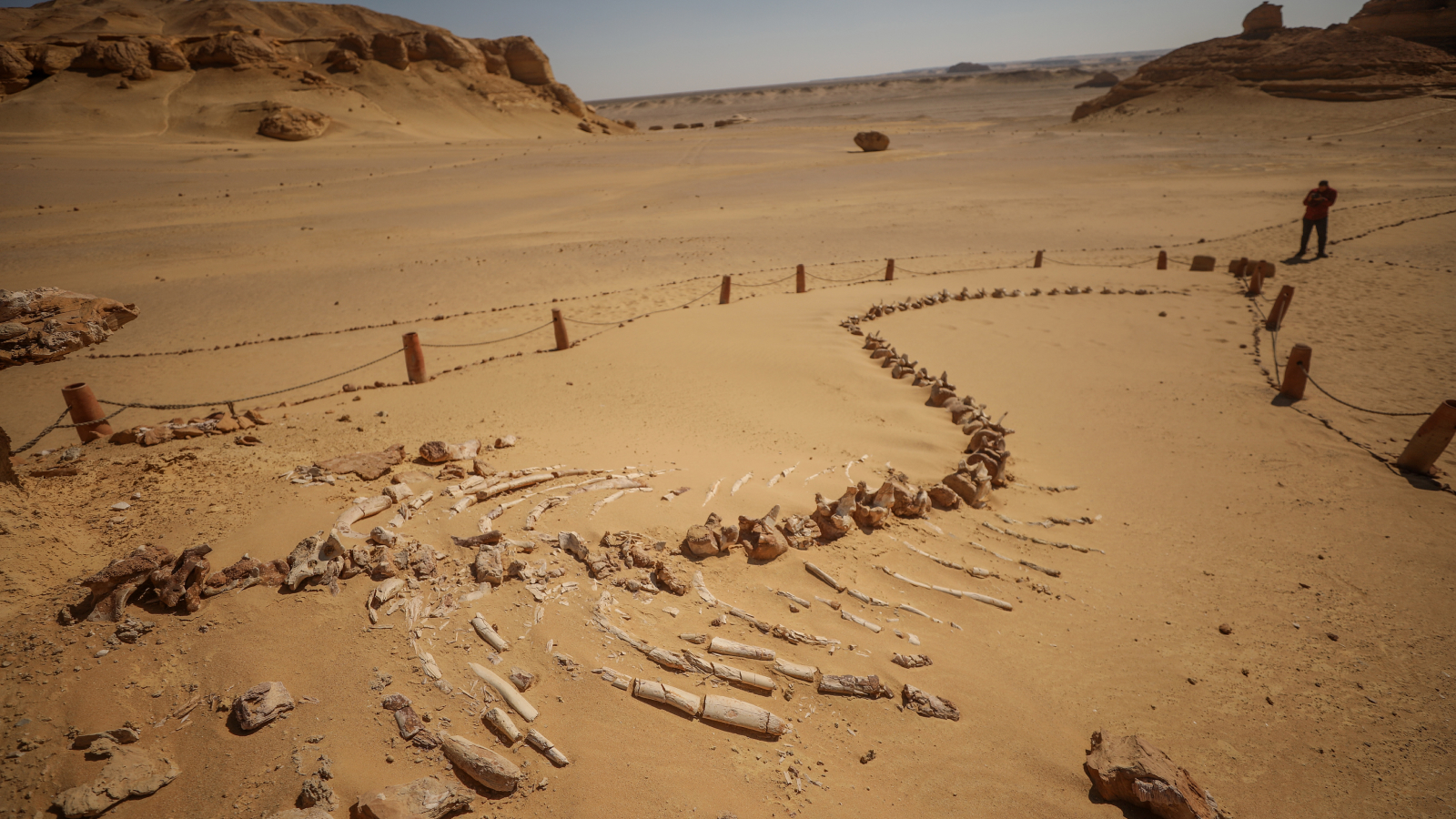Whale Valley: The whale graveyard in the Sahara desert that shows they once had feet and toes

Scientists innovate by converting urine into medical implants, while Seoul residents battle invasive lovebugs. Meanwhile, a marine biologist's livestream highlights Miami's vibrant coral reefs, showcasing nature's wonders and challenges.

All major sources, one page
Feel the mood behind headlines
Know what’s trending, globally
Get summaries. Save time
8,816
134
211
3 hours ago
Get instant summaries, explore trending stories, and dive deeper into the headlines — all in one sleek, noise-free mobile experience.
Stay sharp in 60 seconds. Get concise summaries of today’s biggest stories — markets, tech, sports, and more
All major sources, one page
Feel the mood behind headlines
Know what’s trending, globally
Get summaries. Save time
8,816
134
211
3 hours ago
Get instant summaries, explore trending stories, and dive deeper into the headlines — all in one sleek, noise-free mobile experience.
Stay sharp in 60 seconds. Get concise summaries of today’s biggest stories — markets, tech, sports, and more